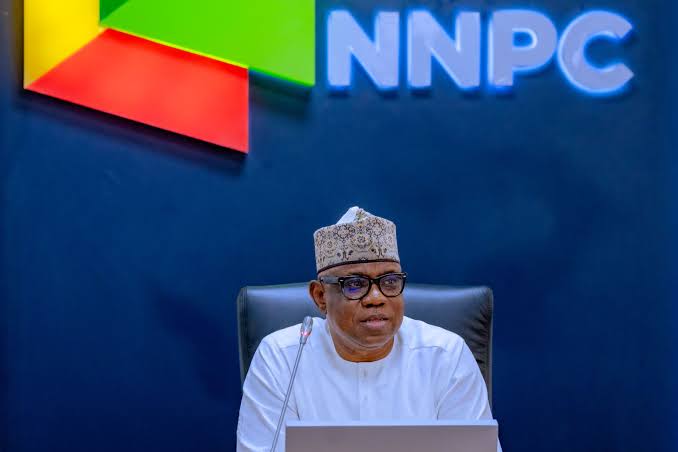State Governors, Local Government Chairmen, The New Money Bags

By
Bamidele Atoyebi
The economic policies of President Bola Tinubu’s administration have unexpectedly shifted the balance of wealth in Nigeria.
For the first time in a long while, the states and local governments appear richer than ever before. The same economy that once left them struggling to pay salaries has now made them financial giants.
Today, contractors who work with state governments are smiling to the bank more than their counterparts at the federal level. Some federal contractors even lament that there are fewer projects at the centre, while state contractors are getting paid faster and in larger sums.
What President Tinubu has effectively done is take resources long controlled by the elite and push them downward, toward the grassroots.
When he removed the fuel subsidy, he simultaneously tripled the allocations to local governments and increased the funding available to state governments. As a result, most states have cleared long-standing debts, revived abandoned projects, and initiated new ones with unprecedented confidence.
Those close to the corridors of power at the state level can confirm that governors now command more liquidity and can approve contracts and make instant payments, something that was once rare.
Gone are the days when state allocations were delayed, when governors had to borrow to pay salaries, or when the federal government took loans just to meet its monthly obligations.
The tables have turned. Governors and local government chairmen are now the new “money bags” the big spenders of the Nigerian economy. It’s no surprise that many people now prefer working with state governments, where money truly circulates.
This, in many ways, is what one might call leadership by sophistication. When a leader governs with strategic insight, people naturally gravitate toward him.
Some may believe that politicians shifting allegiance to the ruling party are being coerced or manipulated by anti-graft agencies, but in truth, it’s often the law of attraction at work. They are aligning with a system that demonstrates stability, confidence, and control.
Governor Hope Uzodinma of Imo State captured it well when he said that Tinubu’s policies have revived and enriched the states more than at any time since independence. With improved allocations and increased tax inflows, sub-national governments are finally breathing again.
At the local government level, the change is even more visible. With greater autonomy and tripled allocations, council chairmen can now fund projects that were once beyond their reach, building schools, constructing rural roads, upgrading hospitals, purchasing essential equipment, and even expanding waste management services.
Through bold reforms like removing fuel subsidies, floating the naira, and dismantling foreign exchange bottlenecks, President Tinubu has decentralized financial power. Money that was once trapped at the centre now circulates through the states and local governments, touching more lives at the grassroots.
Even banks are feeling the ripple effects. Many financial institutions have lost their most reliable borrowers, state governments, because the states are now cash-rich.
Some banks are reportedly returning excess liquidity to the Central Bank, an unthinkable scenario just a few years ago. Much of this is credited to the steady hand of the new CBN Governor, Olayemi Cardoso.
Critics often argue that the naira’s appreciation means little because it first fell drastically under this same administration, from ₦400 to nearly ₦2000 per dollar, before stabilizing. But they forget the heavy burden the government once bore: over $1.5 billion was being spent monthly to defend the naira and maintain fuel subsidies.
By removing those distortions, the nation is now saving money, strengthening its reserves, and redistributing wealth to the people.
Nigeria is gradually finding its balance again, not by magic, but by deliberate and sometimes painful reforms. For the first time in a long while, the wealth of the nation is trickling down, and the subnational governments are no longer beggars at the federal table.
This is the new Nigeria.
Bamidele Atoyebi is the Convenor of BAT Ideological Group, National Coordinator of Accountability and Policy monitoring and a publisher at Unfiltered and Mining Reporting








